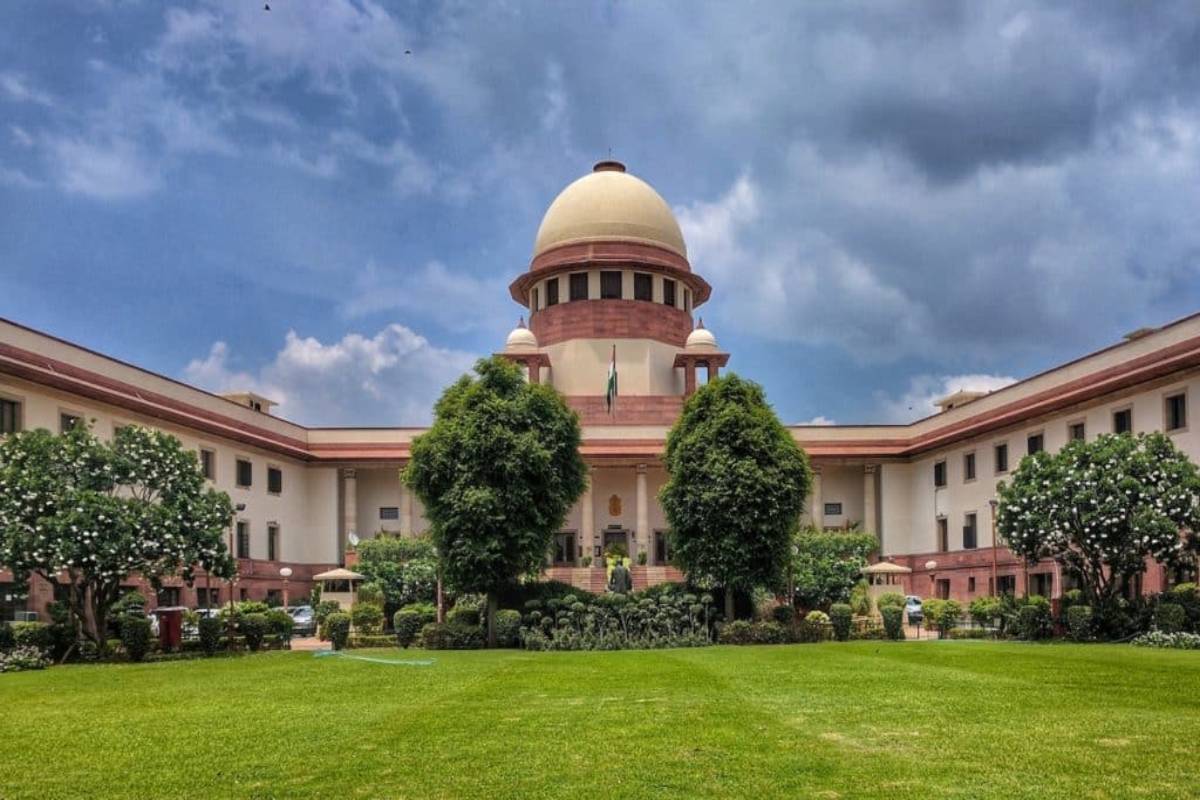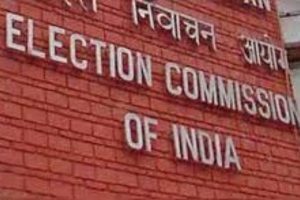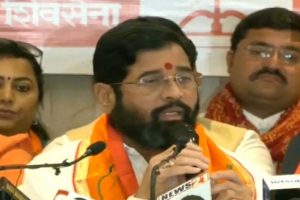Questioning the State Bank of India for not disclosing the hidden alphanumeric numbers of electoral bonds, the Supreme Court on Friday issued yet another notice to the state-owned bank to explain the holding back of the data to the poll panel in contravention of the court’s orders.
On February 15, the constitution bench of the Supreme Court had directed the State Bank of India (SBI) to furnish to the Election Commission (EC) all the details relating to the 22,217 electoral bonds, including their date of purchase, name of purchaser, their denomination and their redemption by the various political parties – date of redemption and the denomination.
Referring to the directions issued on February 15, 2024, by a five-judge constitution bench directing State Bank of India to disclose all the information relating to Electoral Bonds, Chief Justice D.Y. Chandrachud headed a five-judge Constitution bench also comprising Justice Sanjiv Khanna, Justice B.R. Gavai, Justice J.B. Pardiwala and Justice Manoj Misra said, “Really speaking we can take exception to what they (SBI) have disclosed, They were duty bound to …”,
As the bench said that the disclosure of information relating to the Electoral Bonds also included the disclosure of the alphanumeric numbers of each bond, senior advocate Kapil Sibal read out the directions passed by the Constitution bench on February 15, and stated that “It is an inclusive order.”
It is an inclusive order” that also includes the disclosure of the hidden alphanumeric numbers, Sibal told the bench reading the order.
Issuing notice to the State Bank of India, the court posted the matter for Monday -March 18, for further hearing. The court directed its registry to serve the notice on the lawyer representing the SBI in the Supreme Court.
The court also directed its Registrar (Judicial) to handover to the Election Commission of India the “original” papers with data on the electoral bonds purchased by private entities and redeemed by various political parties that was submitted to the top court in a sealed cover in pursuance to April 14, 2019, interim order of the court.
However, the bench said that the registry would retain scanned and digitised copies of the original data furnished by the poll panel to the top court. On a request by the advocate appearing for the poll panel, the court directed its registry to make available the scanned and digitised copies of the data to the Election Commission to avoid any replication of the exercise at their end.
The court gave its registry time till 05.00 pm on March 16, to scan and digitise the data, and directed the ECI to upload the same on its website by March 17, 2023.
The top court order came on an application by the Election Commission of India stating that it did not retain with itself the copies of the data on the Electoral Bonds received and cashed by the political parties that was furnished to the Supreme court in pursuance to April 14, 2019, interim order.
On March 11, 2024, the Supreme Court rejected the State Bank of India’s plea for extension of time till June 30, 2024, to comply with its February 15, 2024, order and directed it to furnish all the details relating to the bonds to the Election Commission of India by the end of the business hours on Tuesday – March 12, 2024.
By its February 15, 2024, judgment, the Supreme Court had directed the SBI to furnish all the information relating to 22, 217 Electoral Bonds to the Election Commission by March 6, 2024.
The court had further directed the Election Commission to publish the information on its website by March 15, 05.00 pm.
In a landmark judgment that came as a jolt to ruling establishment, the Supreme Court had on February 15, 2024, struck down the Electoral Bond (EB) scheme – for the funding of the political parties – and had ruled the scheme and the amendments to the Representation of People Act, the Income Tax Act, the Companies Act and 2017 Finance Act to facilitate the scheme were unconstitutional and arbitrary.
Striking down the Electoral bond(EB) which gave anonymity to corporate buying EBs and the political parties receiving them, and holding that it was violative of Article 19(1)(a) of the Constitution, a five-judge constitution bench had ruled “The Electoral Bond Scheme, the provision to Section 29C (1) of the Representation of the People Act 1951 (as amended by Section 137 of Finance Act 2017), Section 182(3) of the Companies Act (as amended by Section 154 of the Finance Act 2017), and Section 13A(b) (as amended by Section 11 of Finance Act 2017) are violative of Article 19(1)(a) and unconstitutional.”The top court had further held that the “deletion of the provision to Section 182(1) of the Companies Act permitting unlimited corporate contributions to political parties is arbitrary and violative of Article 14.”











